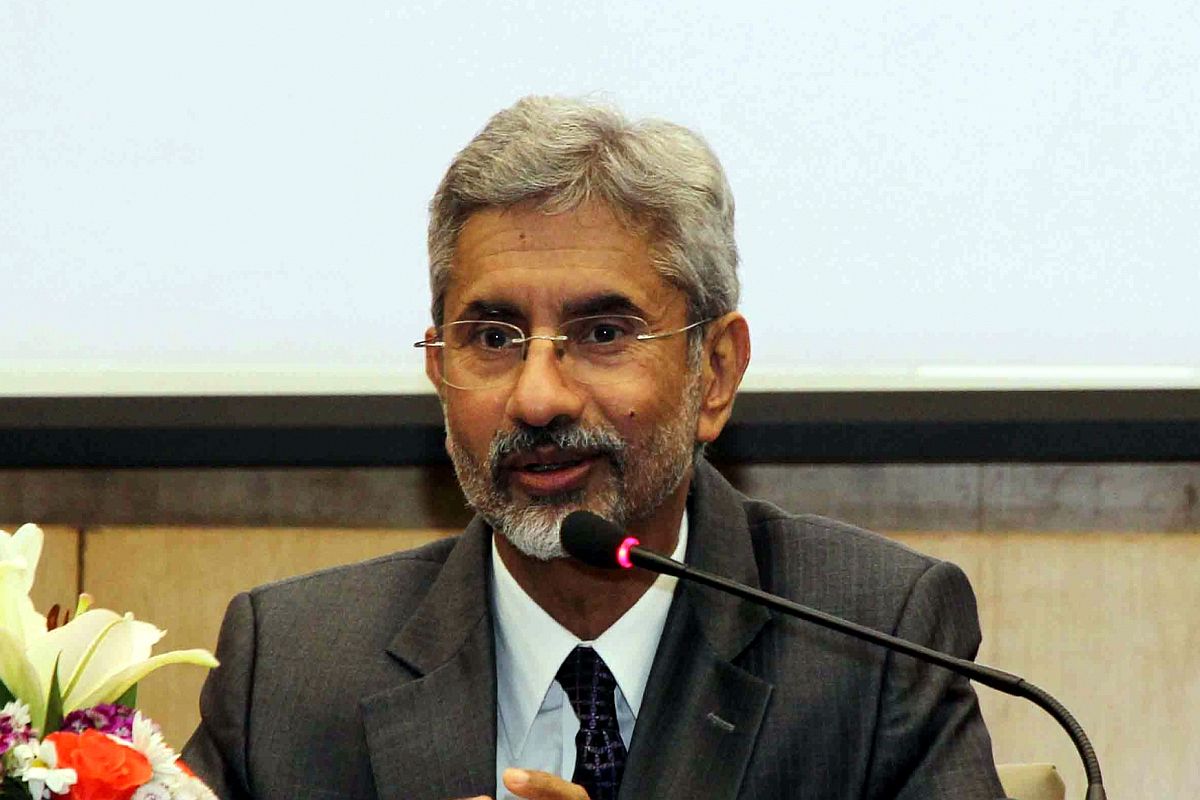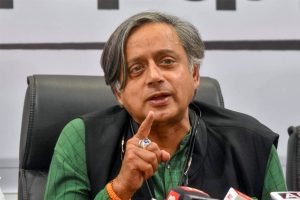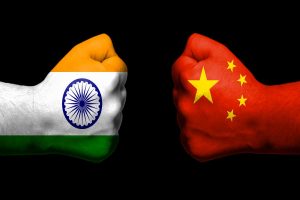Observing that trust and transparency are key issues as the world debates the future of the digital domain, External Affairs Minister S Jaishankar today pitched for strong cooperation among political democracies, pluralistic societies and market economies in critical and emerging technologies (CETs).
”Who processes and harvests our data is increasingly crucial in a world of artificial intelligence. Nor indeed can we any longer separate even basic manufacturing and everyday commodities and services from their data implications. As political democracies, pluralistic societies and market economies, we all have understandable concerns of both privacy and security. It is, therefore, essential that those of us who are comfortable working with each other enhance our collaboration,” he said at the SemiconIndia Conference.
Referring to what he called the mismatch between demographic supply and workplace demand, Jaishankar said the pace of change that the world was witnessing when it came to CET would also create an accompanying upheaval when it came to the required talent pool.
“Here too, India can make a significant difference to the global economy, particularly since changes in the last decade in India are creating the infrastructure for stronger skill development, greater technical education and a more vibrant innovation culture,” he said.
The Indian minister also spoke extensively about the increasing cooperation between India and other Quad countries like the United States, Japan and Australia in CETs. He also spoke about the MoU on Semiconductor Supply Chain and Innovation Partnership that was concluded between India and the US.
”Technology trade is not just trade; it is as much as about political science. The truth is that we are seeing the re-emergence of export controls as a response to strategic assertions of economic strength. How to do business needs to be tempered with where and with whom to do it,” he said.
Jaishankar explained that India’s semiconductor mission was not just about meeting domestic requirements. It was also about contributing to a global demand for trusted manufacturing. ”Indeed, it is truly a powerful case for Make in India and Make for the World,” he said.












